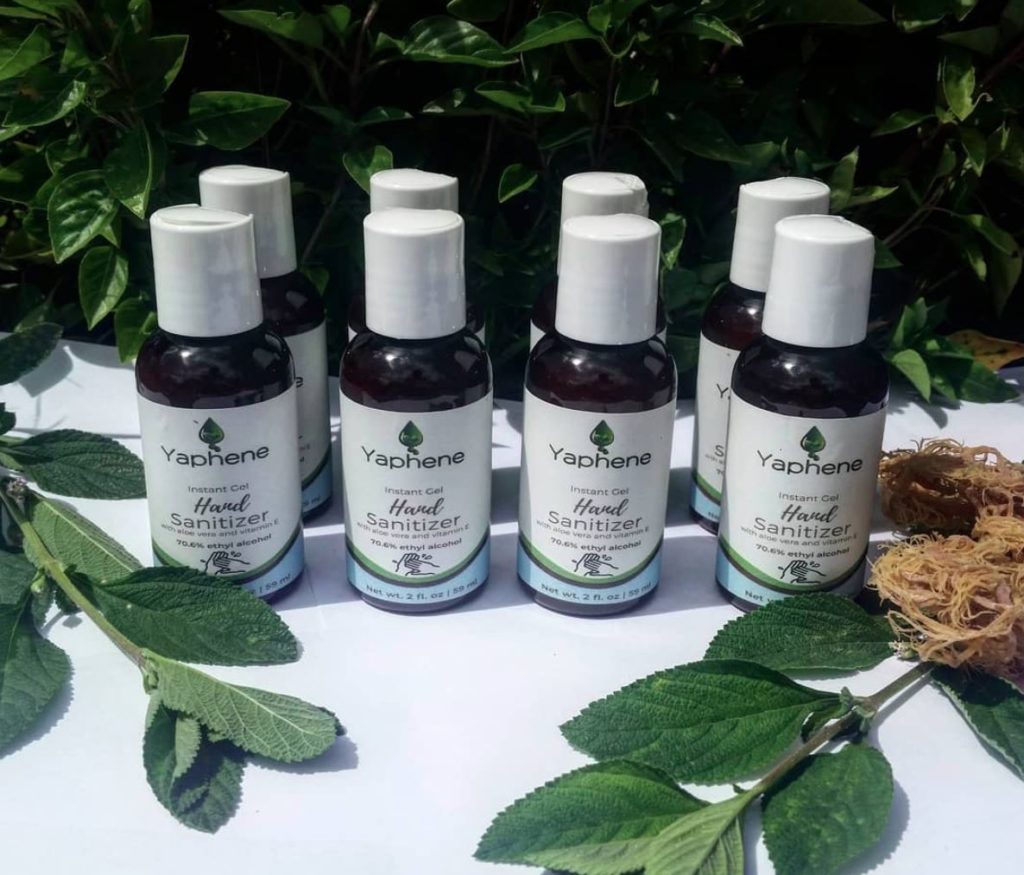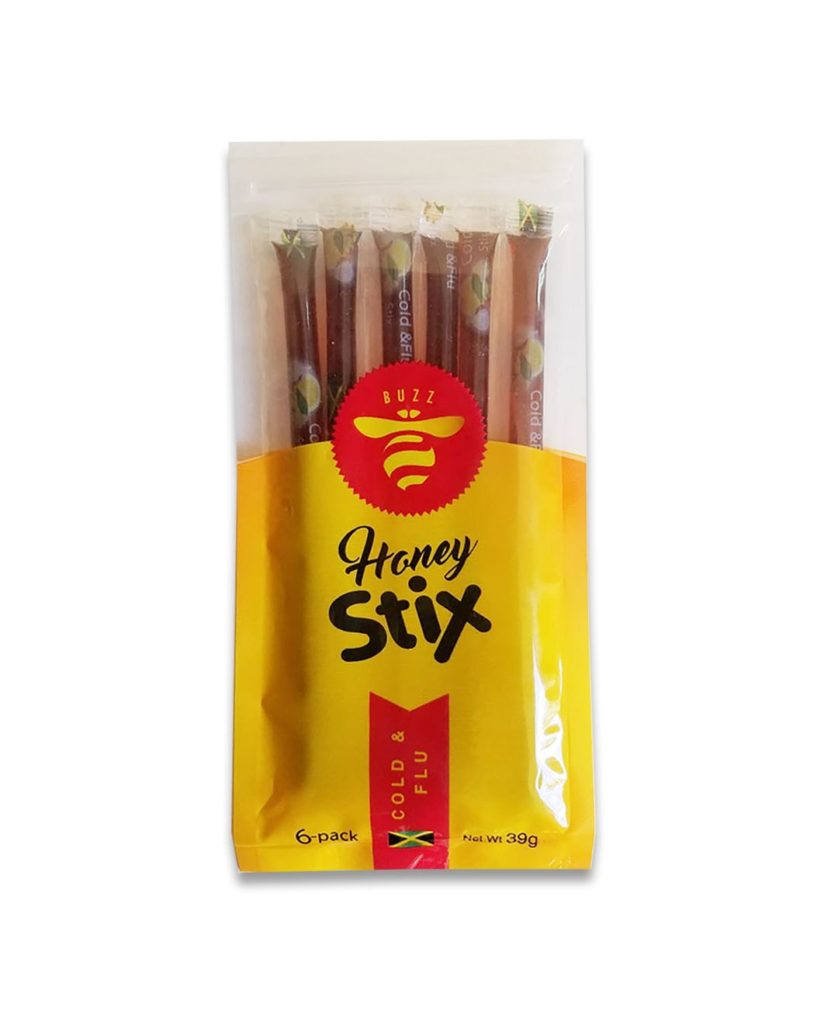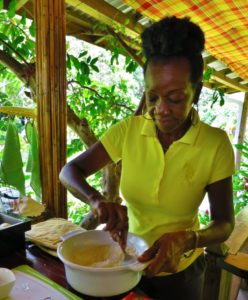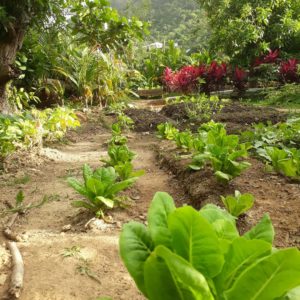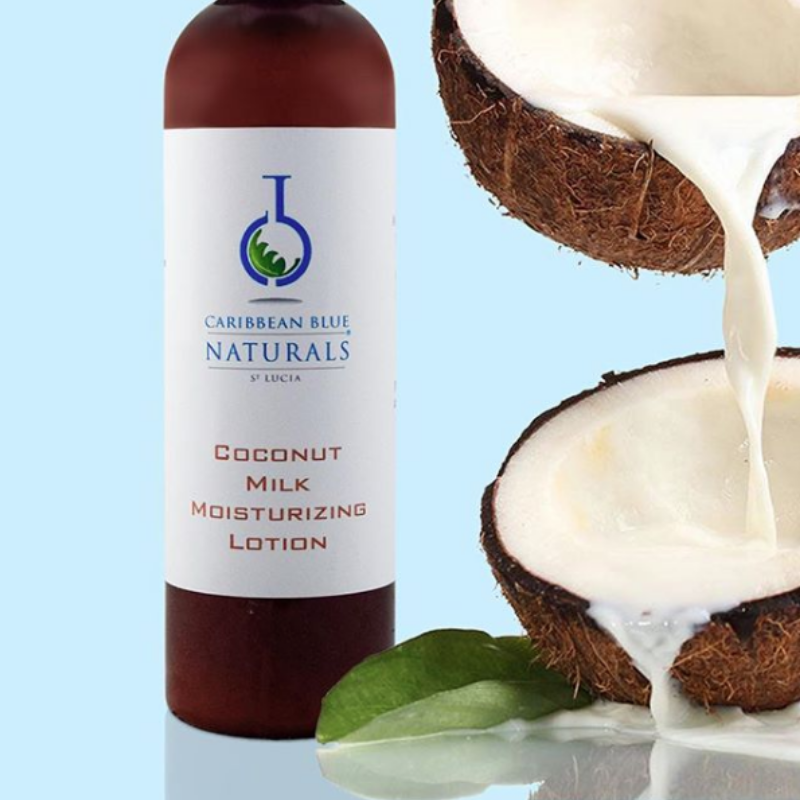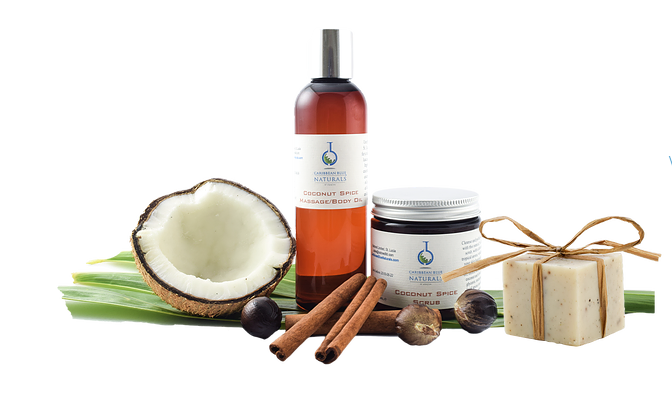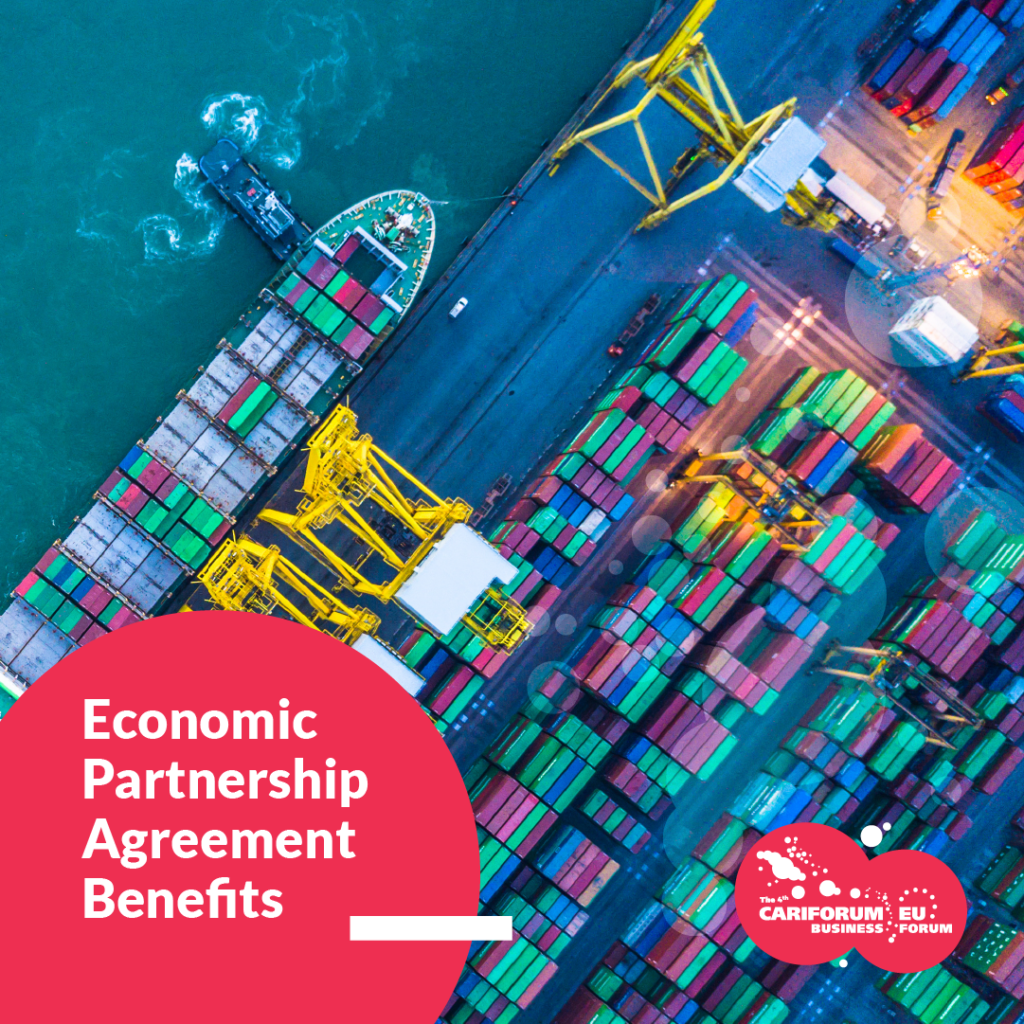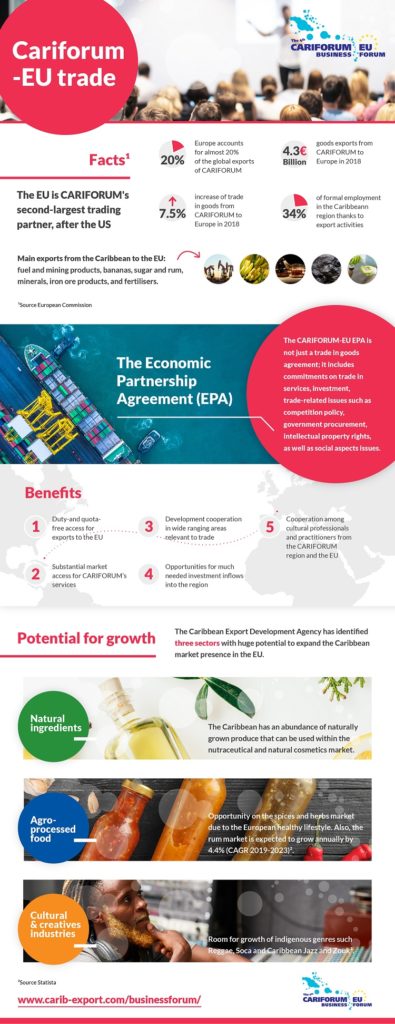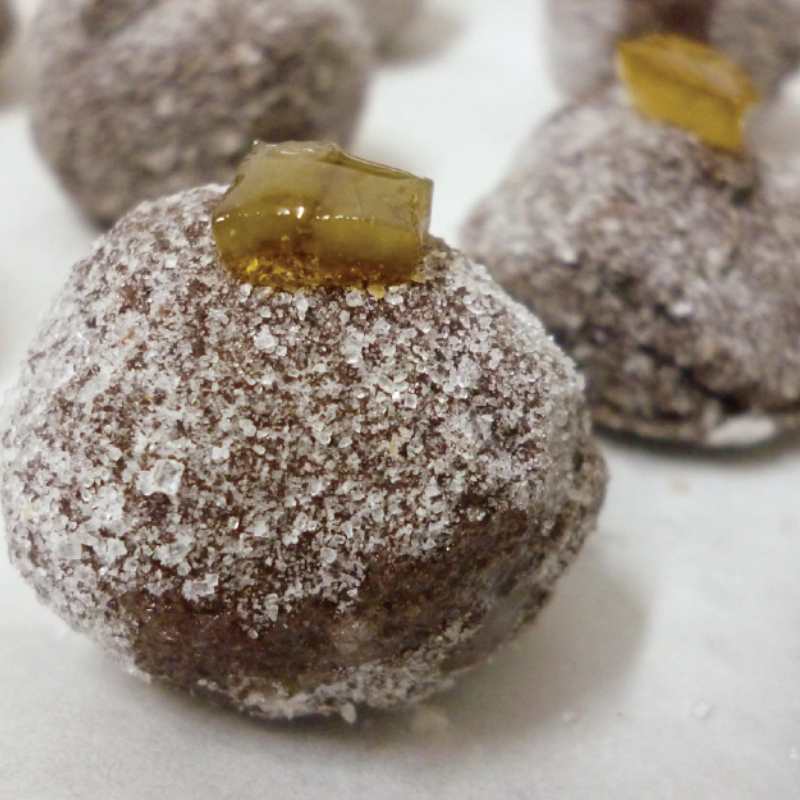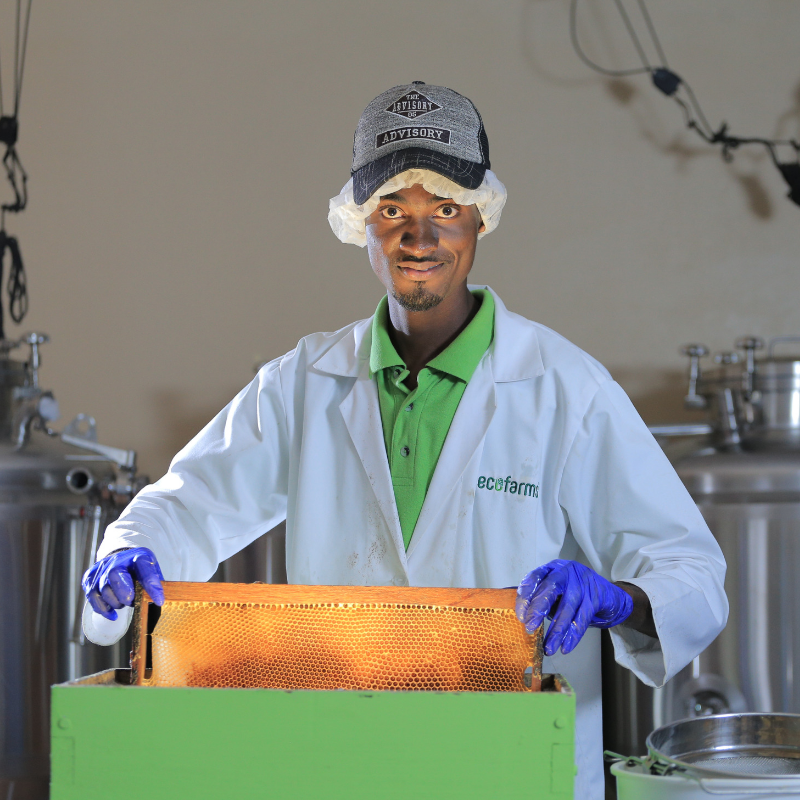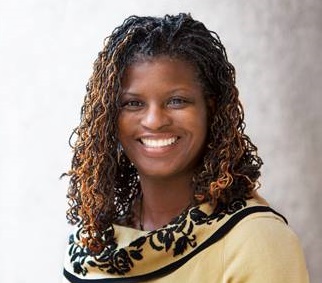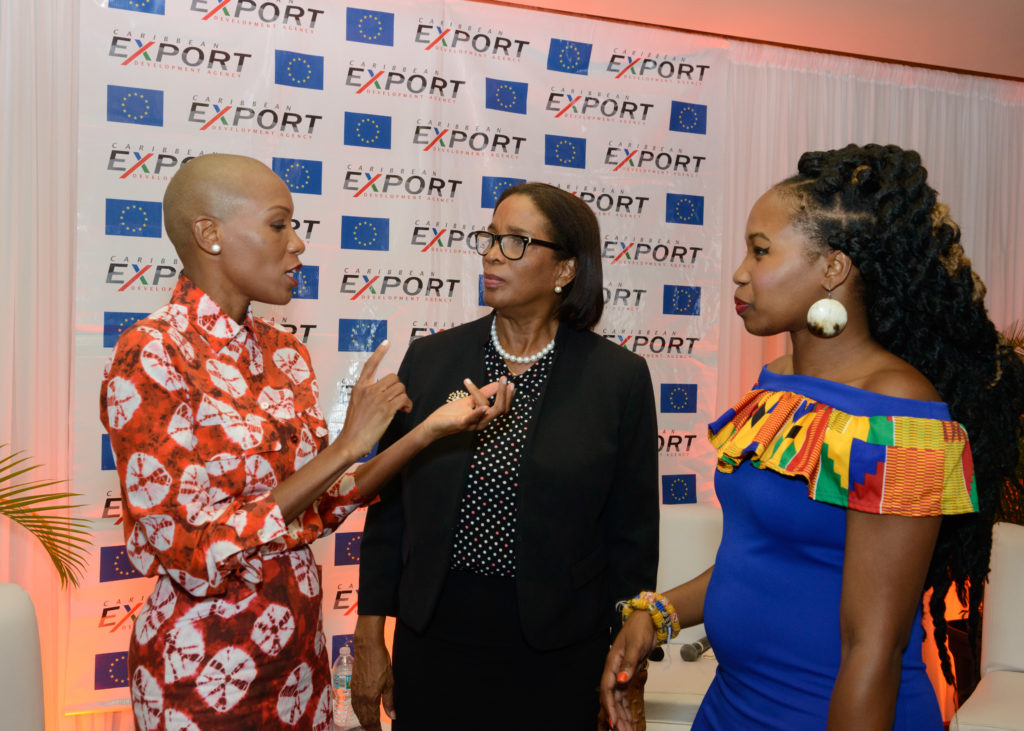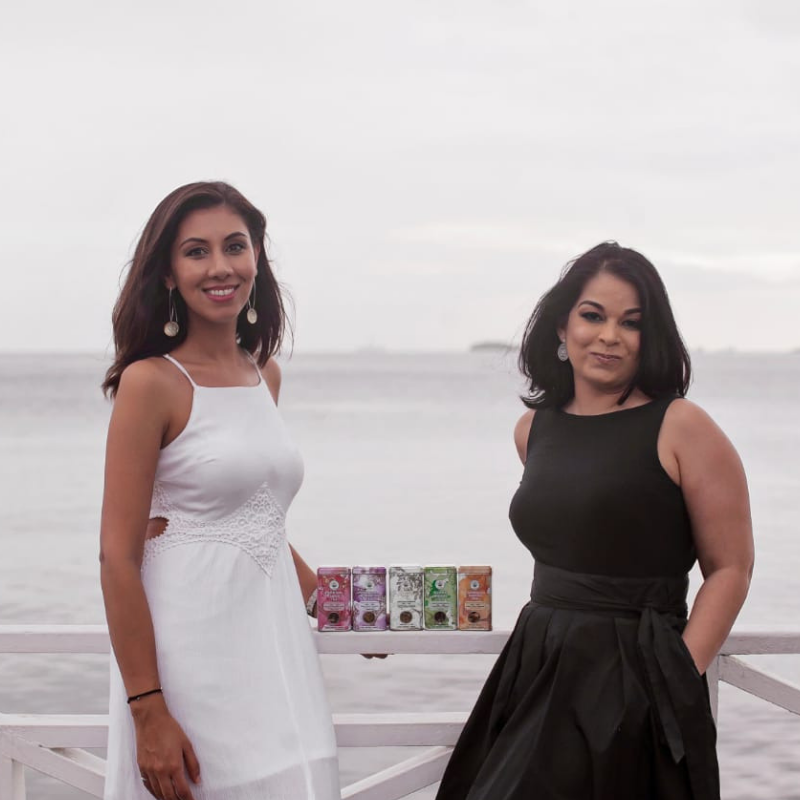The Caribbean has been at the forefront of the ongoing COP26 climate change negotiations taking place in Glasgow, Scotland. We have seen representation at the highest levels and our leaders such as the Prime Minister of Barbados, Mia Mottley having a massive impact. The theme of climate financing has been a constant, alongside the acute climate-induced challenges faced by small islands like ours in the Caribbean. Even if some of the promised but elusive financing becomes available, key questions remain unanswered: Who will implement? Who are the essential partners? One key variable is the role of innovation, especially as it relates to the private sector which has been insufficiently emphasised. We in the Caribbean cannot undertake effective climate action and a green economy transition without partnering with an innovative private sector.
At this crucial time and now more than ever we need to nurture innovation in the Caribbean private sector for a green economy transition which will also create jobs and opportunity for our people. Innovation is vital since it also drives productivity and competitiveness, two areas where we need to do much better. Indeed, the ability to develop new products and services, develop and enter new markets and alter internal routines has always been at the core of entrepreneurial success.
Given the importance of innovation, how are we doing as a Caribbean? The World Intellectual Property Organization’s Global Innovation Index (GII) ranks the innovation ecosystem performance of 132 economies and provides a useful perspective. The top 15 ranked countries are predominantly developed countries, except for Singapore and China. The only countries ranked from the Caribbean Community and the Dominican Republic also known as the CARIFORJM Caribbean are Jamaica, Dominican Republic and Trinidad and Tobago, which were ranked at 74, 93, and 97 respectively. Given that those that are on the list are in the bottom half of the 132 ranked countries, there is much room for improvement to help our private sector become more innovative. This in turn will help fast-track a green economy transition creating jobs and opportunity for our people.
A useful start will be to focus on a few high priorities starting with investment in research and development. We need to strive to improve the region’s innovation performance. The data is sparse, but it is evident our region underperforms compared to other parts of the world. During the period from 2008 to 2018, Latin America and the Caribbean’s combined expenditure on research and development as a percentage of GDP averaged 0.71%, according to the World Bank. By comparison, developed countries invested 2.41% of GDP in this important area. More specifically in terms of our Region, Trinidad and Tobago which is one of the largest economies spends just 0.06% of GDP on research and development, which though perhaps is one of the highest in the Region, is still inadequate for these times. Unless the entire Region makes a bigger commitment, we will continue to lag.
We also need to embrace technology where our micro, small and medium-sized enterprises are left behind to enable them to become greener and also take advantage of new opportunities. To address this, we must seize the opportunity to leverage the upswing of technologies and industries of the future such as artificial intelligence (AI), blockchain technology, digital platforms and cloud computing. These technologies and others have the potential to radically transform existing enterprises and create new ones including precision agriculture and generating new opportunities for the services sector in areas such as the business of music.
In fact, these kinds of technologies have cross-sectoral applicability and for this reason, they have the potential to reshape energy systems through the integration of distributed, low-carbon energy generation and new demand-side energy management services. At the same time, another key technological shift is taking place is more efficient energy systems, as countries all over the world contend with the necessity of low-carbon energy transition. The steady march of environmental, social and governance considerations as a strategic priority for enterprises is causing sustainability to be increasingly prioritised. This is expected to be further heightened in the post COP26 period.
Role of Caribbean Export
Given the imperative of a green economy transition and the critical role of the private sector in leading the charge, we at the Caribbean Export Development Agency are already supporting regional businesses in this pathway. For example, our work in the area of investment promotion focuses on attracting investors to in the green economy including the renewables sector. Our effort in agriculture is geared to leveraging technology into agriculture or AgTech to boost food security, taking into consideration the importance of climate resilient agriculture.
In the direct support we provide to firms, technical and policy support through innovation mechanisms to drive energy efficiency continues to be a signature service. We recognise that we need to provide support, where it matters, on the ground and at the level of the firm. Consequently, with the support of the European Union we have provided over Euros 12.8 million in grant financing in areas that support and foster innovation and green economy transition such as digitalisation of business, research and development and renewable energy.
Finally, we recognise that globally consumers are demanding products that are climate friendly and meet sustainability criteria. This is precisely why with the United Nations International Trade Centre, we have established a “Green to Compete†hub here in the Caribbean, which is one of seven established globally. In the initial pilot phase, we are working with firms in Barbados, Guyana and St Lucia to help them develop and implement sustainability strategies which can enhance their competitiveness in global supply chains. These strategies will involve resource efficiency, voluntary sustainability standards, climate resilience, access to green finance and international marketing. Moreover, we will leverage our ecosystem of partners to connect firms to a full range of services which support the implementation of those business strategies, with the ultimate aim of connecting them to markets. We believe this is a model for the future since it is about developing and branding a premium product for a premium market at a premium price.
Looking ahead, we recognise that much more must be done to help our private sector leverage innovation to fast track a green economy transition and build a climate resilient Caribbean. Whereas finance will continue to be important, innovation is vital and can be advanced by a Regional Innovation Facility specifically geared for the sector. We are willing to work with all partners to advance this agenda and build a truly climate resilient Caribbean, whilst creating jobs and opportunity for our people. Quite simply, too much is at stake and failure is not an option.

